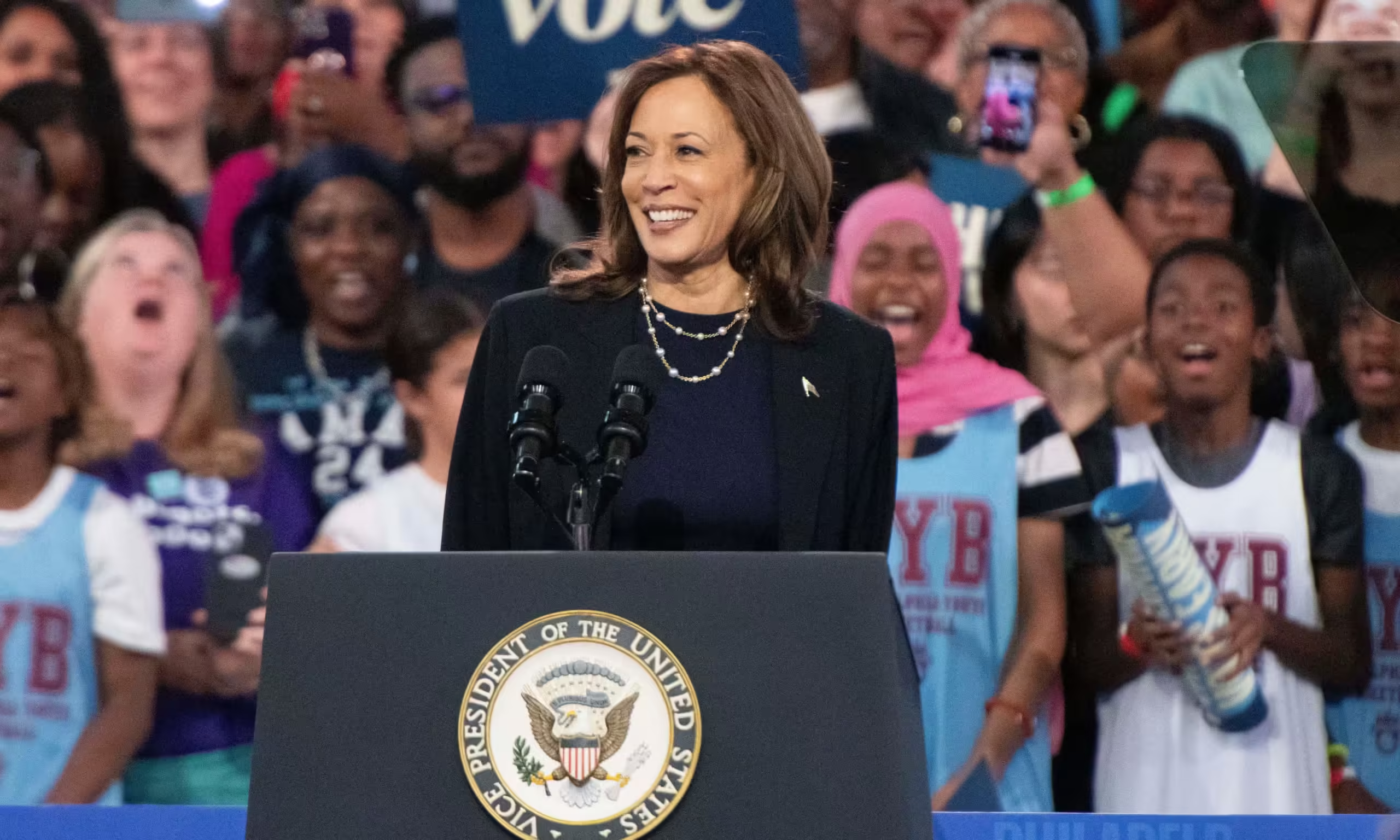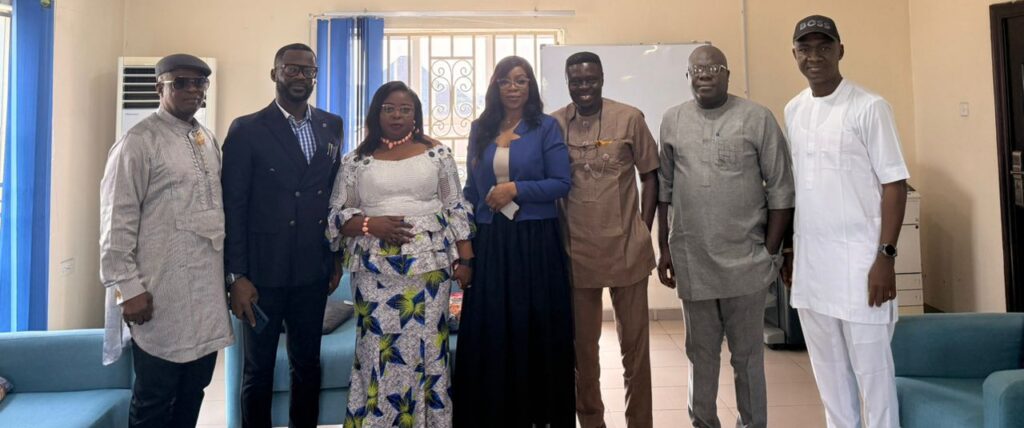During the recent presidential debate in Philadelphia between Donald Trump and Kamala Harris, several issues concerning Africa and the Black Diaspora were discussed. These discussions reflect broader concerns among African-American and African Diaspora communities about racial justice, economic opportunities, and equitable treatment in immigration policies. Addressing these issues is crucial for the upcoming 2024 USA elections, with a focus on unifying, uplifting, and empowering Black communities across America.
Historical Context of Racial Struggle
The historical struggle for racial justice is deeply rooted in the African-American experience, ranging from the Civil Rights Movement to the Black Lives Matter protests. As the candidates debated, key issues concerning African-Americans and immigrants stood out. Kamala Harris, despite facing criticism for her tough-on-crime tenure as California Attorney General from 2011 to 2017, condemned Trump’s divisive rhetoric on race. Harris’ initiatives, such as “Back on Track” to reduce recidivism among non-violent offenders, contrasted with Trump’s actions and statements targeting Black communities.
Economic and Immigration Policy Debate
Trump criticized Harris and the Biden-Harris administration for their economic and immigration policies, labeling them as ineffective. While Harris focused on building an “opportunity economy” to support the middle class and working families, Trump defended his past policies and emphasized tax cuts and deregulation as a means to boost job availability in Black communities. Harris countered by emphasizing the importance of humane and fair immigration policies.
The Need for a Black Agenda
The debate highlighted the need for a comprehensive Black Agenda grounded in economic policies that address systemic inequalities faced by African-Americans. The Trump-Pence administration emphasized tax cuts and deregulation to create jobs, while the Biden-Harris administration focused on equitable economic recovery through infrastructure investment and targeted support for minority-owned businesses. African-Americans have historically pursued their agendas through movements like the Civil Rights Movement, Pan-Africanism, the Harlem Renaissance, and Black Lives Matter, all emphasizing self-determination.
Pride in Black Heritage
Prominent figures such as Ta-Nehisi Coates and Angela Bassett emphasize pride in Black heritage and resilience. Coates highlights the physical and systemic violence faced by Black communities, while Bassett portrays Black identity as regal and resilient. Both perspectives underscore the importance of dignity and cultural pride.
Linking African heritage with the diverse American experience requires promoting social and cultural exchanges to bridge gaps and foster stronger, inclusive communities. Such initiatives could yield significant socioeconomic benefits, including increased tourism revenue and enhanced bilateral trade between Africa and the African-American community. Additionally, cultural interaction between Diaspora Africans and the African-American community could lead to greater educational opportunities and economic prosperity.
Policy and Advocacy
A comprehensive and inclusive policy agenda should be a key component of the African-American election agenda. Whether supporting Harris’s emphasis on unity and investment in Black communities or countering Trump’s stance on immigration, the focus must remain on advocating for humane immigration policies and a broader commitment to civil rights and social justice. Ensuring that all individuals, regardless of their background, are treated with dignity and respect is essential.
The future of the African-American community is promising when focused on progress through unity and investment. The 2024 election agenda must prioritize racial justice, economic opportunities, and equitable immigration policies. The debate between Trump and Harris highlights the importance of unity, investment in Black communities, and comprehensive policies that promote economic mobility and social justice.















